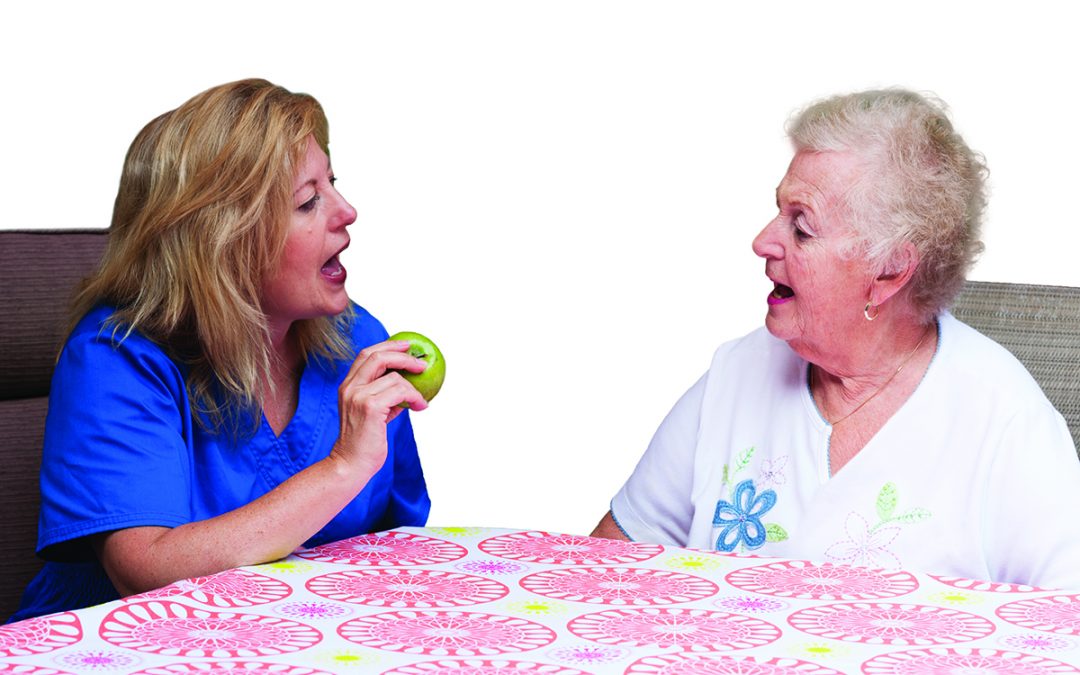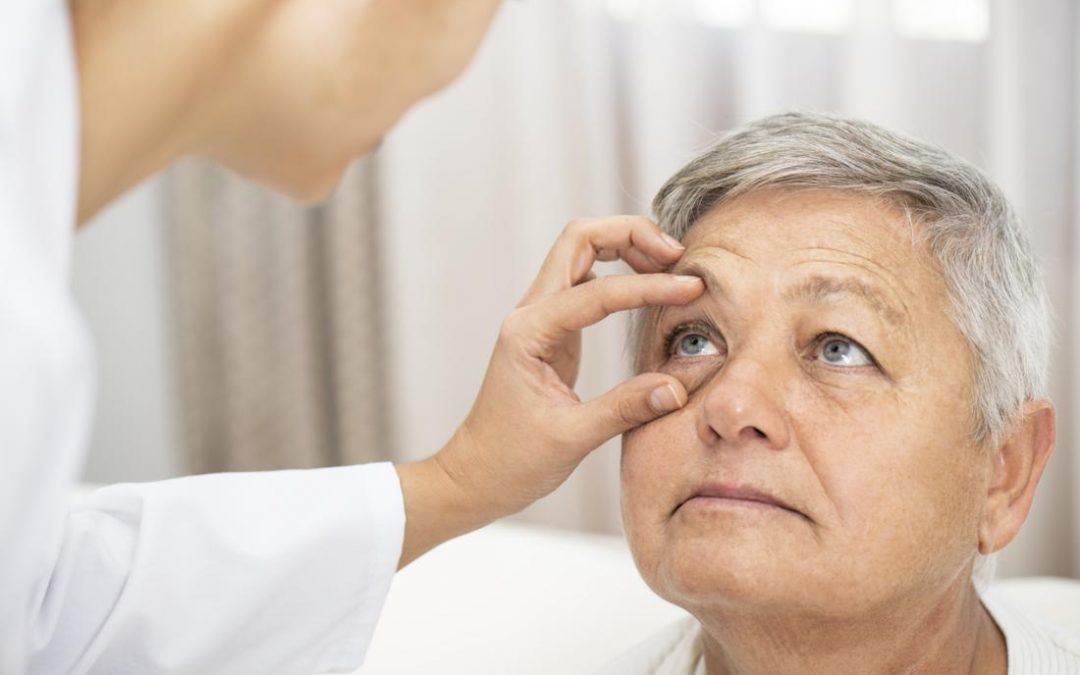
Seasonal Allergies in Elders to Look Out For This Winter
For most of us, the cold season brings cozy beds, crackling fires, hot drinks, and warm sweaters. Sadly, not everyone has the same luxury. Our loved ones who are sick and old become more vulnerable to the various allergies the season brings with it.
As the caretaker of the elderly, it is our responsibility to look out for them and take measures to keep them safe from the allergies that could take a toll on their health.
In order to take better care of your elder this winter, the first step is learning about the allergies that are likely to attack your loved ones. Here’s the list:
Dust Mites
When the air turns chilly, and the furnace starts running, dust mites, insect parts, and mold spores are galore. They spread around the house through the air and targets the weak. Young babies with developing immune systems and elders with weakening ones are the first to suffer.
Dust mites also come out in the winters with duvets, blankets and winter beddings. They settle in the mattresses comfortably, and their remains and droppings become airborne, causing allergic reactions in the elderly.
It could lead to excessive coughing, watery eyes, dark circles, runny and itchy noses, successive sneezing and dark circles.
Wool
It goes without saying that wool can be found everywhere in the winters. While all the sweaters, beanies, and scarves protect us from the chilly bites, they also trigger allergic reactions in some people. Many elderly people in particular have a mild to severe allergic reaction from woolen clothing. Their skin begins to itch and sometimes even results in raw patches. Some elders’ breakout in red itchy bumps due to the bristly texture of the wool.
As a caretaker, you need to keep an eye out for these symptoms so that you can treat them before it gets worse. Scratching and rubbing the skin draws blood and even becomes a wound–which can be dangerous for diabetes patients.
Mould
We only think of molds as something that affects the infrastructure of our homes. It’s common to see them in the yards, on the walls of the bathroom, kitchen, and attic. However, these mold spores also become airborne which can cause an allergic reaction.
It even triggers an allergic reaction in many asthma patients.
If you are busy or still new to taking care of your elder, we suggest that you contact a professional home care service to keep your elder safe and sound this winter and every winter onwards.










